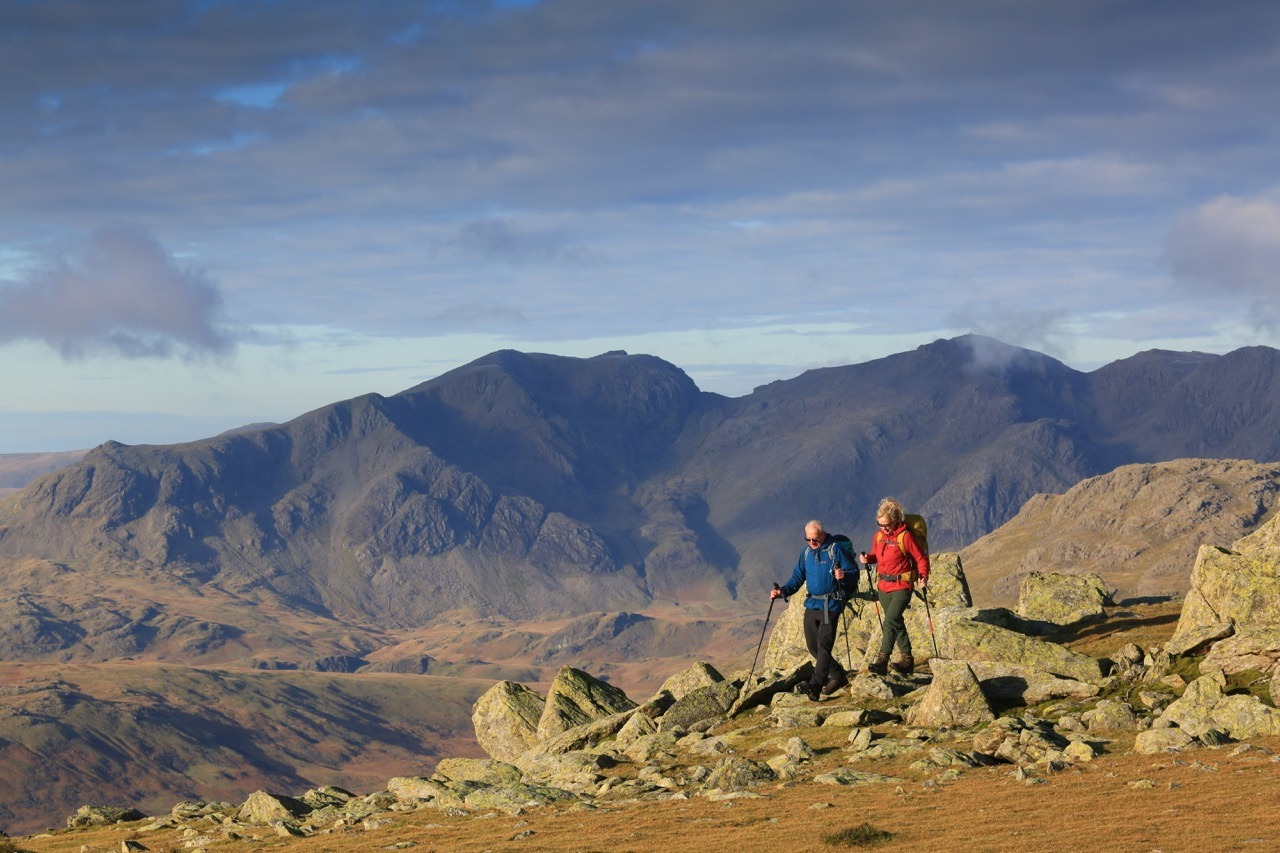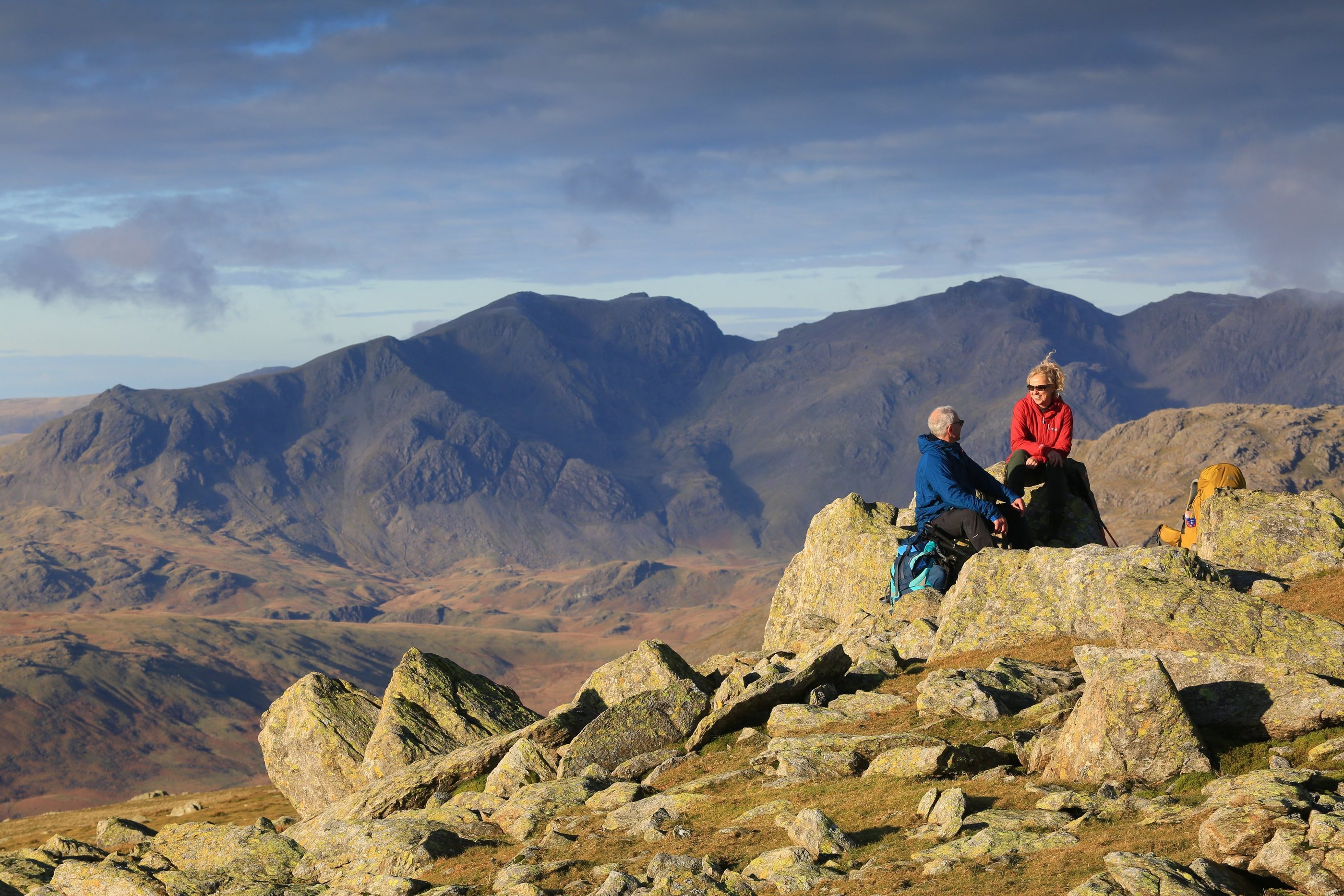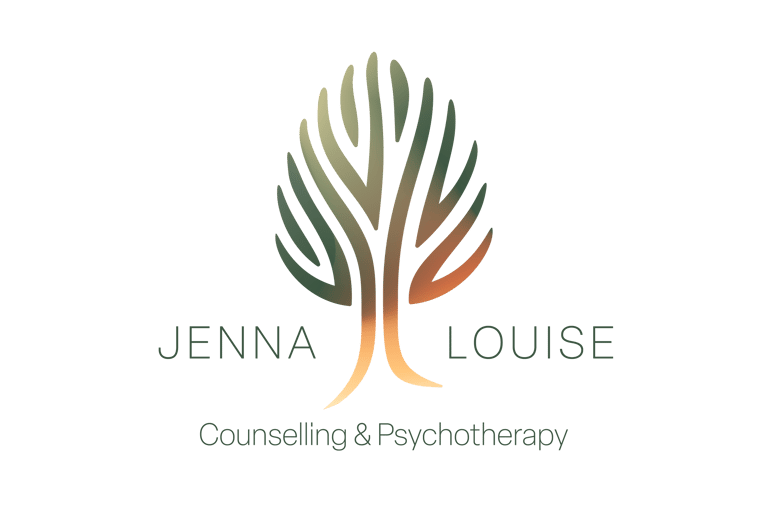The truth about being a counsellor
Have you ever thought that being a counsellor might be a bit, well, depressing? The reality is a whole lot more intriguing...
Jenna Louise Maryniak BA(Hons), Prof. Dip Psy C., MNCPS Accred
5/1/20254 min read
"Isn’t being a counsellor a bit depressing?" That’s probably the question I get asked the most when people find out what I do. And I get it. You might think that listening to people’s problems and traumas every day might be a bit dismal. But the truth is, while I always feel for my clients and even have a tear in my eye quite often – the counselling journey that we go on is anything but depressing.
It always astounds me what people have gone through in their lives. Often you would never know from the outside. But inside so many people are in so much pain. They’ve survived so much. Hurt and confused. Struggling to make sense of it all. But still somehow getting on with life, like that graceful swan with legs going like the clappers underneath the surface.
My clients have suffered everything from relationship problems and self esteem issues, to abusive childhoods, domestic violence, obsessive compulsions, addictions, eating problems, the loss of a loved one, trauma, anxiety, depression... Sometimes clients feel shame, guilt or fear which is stopping them from being the person they want to be. Sharing that pain or sadness and creating a supportive, non-judgemental relationship is the first step. And when someone allows me in and trusts me with things they’ve sometimes never told anyone before, that is an honour to be a part of, and I know it’s the start of them finding the strength and resources to make life better. So rather than despair, I feel gratitude and hope, humbled and amazed by what they have been through and survived.
I’ve tried to figure out what that magic is that happens in the therapy room. The evolution that I see happening in front of my eyes as the weeks go by. It never fails to amaze me as I see people turn their lives around and find happier ways of being and a self acceptance. For a lot of people it is life changing. I don’t think they always know exactly what has happened, but something has shifted and things look different. They find an understanding and inner resources that they never knew they had.
I wish I could say that I’ve done that for people, but the truth is, it is always them not me. What clients do say is that they couldn’t have done it without me. I’m not so sure, but what I do believe is that taking that first step to seek help is huge. Just by doing that, something has changed - it’s a risk, a chance - but underneath it all is a readiness and hope that things can be different, and that they can actually do something about it.
My job is not to tell people what to do. Or solve their problems. But to go with them on a journey of exploration into themselves. I’m trained in Cognitive Behavioural Therapy (CBT), Person-Centred therapy, Psychodynamic, Internal Family Systems, the Rewind Trauma Technique, but I also believe in the healing power of nature and building resilience through wellbeing. I have worked with child abuse and domestic abuse survivors in the police, and I have worked in the outdoors championing the benefits of nature and hiking for mental health. Every counselling journey is different because it is led entirely by the client – and everyone has a unique combination of personality and situations. I walk alongside them on their journey offering my experience, insight and reflection to help them find new ways of being.
Counsellors need support too of course, because as much as this role is satisfying and fulfilling, we are counsellors because we have empathy and it’s hard sometimes to shut off. All accredited counsellors have supervisors that we discuss our cases with every month (anonymously for confidentiality) to make sure we talk through any worries we have, to share the responsibility. They also make sure we are always providing the best care for clients and looking after ourselves. And counsellors also need counselling sometimes, because life has its ups and downs and we are only human too!
The power of the mind is truly formidable – but fascinating and incredible at the same time. Western medicine has traditionally separated the mind and body – treating them as separate entities, but research is now showing that things are not so simple. It is all one system, intrinsically linked. So while the benefits of looking after our bodies with good food, exercise and sleep are well known, we often neglect looking after our mental health - especially in these stressful and busy modern times, where we are constantly pulled in different directions, with a constant feed of anxiety and negativity through the media. Navigating just normal life is a lot, even without the added complications of trauma, abuse, grief, etc.
Maybe being a counsellor is restorative for me too, not just for the client. One hour at a time I find my meaning in life, a place where I feel useful in the tide of uncertainty in society. It seems that my whole life has been to get to this point, where everything comes together and makes sense. And my clients help me too - I learn from them, discover more about myself, and hopefully become a better counsellor for the future, because we never stop learning.
So, counselling can be challenging, emotionally demanding and tiring, and I can only manage a limited number of clients a day because I give so much of myself to every one. But depressing? Never.







